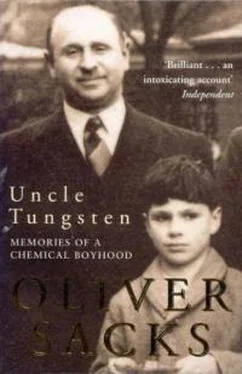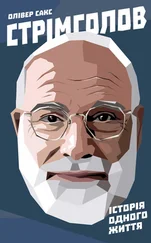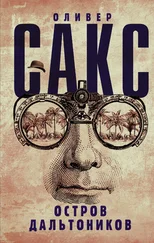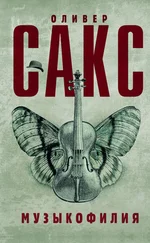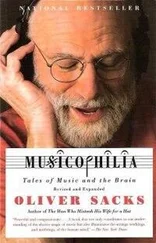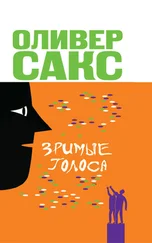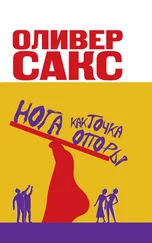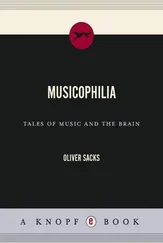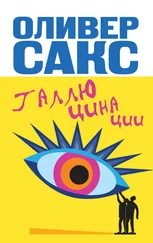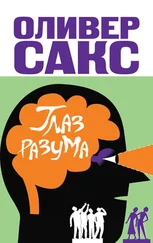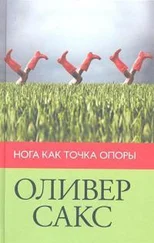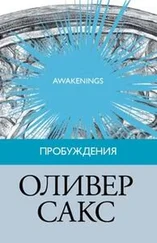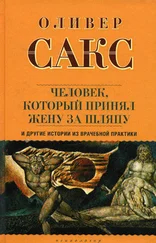Wells’s reference to the Martians’ unknown element also intrigued me later when I learned about spectra, for he described it, early in the book, as ‘giving a group of four lines in the blue of the spectrum,’ though subsequently – did he reread what he had written? – as giving ‘a brilliant group of three lines in the green.’
Yet Proust’s view was challenged by Claude-Louis Berthollet. A senior chemist of great eminence, an ardent supporter of Lavoisier (and a collaborator with him on the Nomenclature), Berthollet had discovered chemical bleaching and accompanied Napoleon as a scientist on his 1798 expedition to Egypt. He had observed that various alloys and glasses manifestly had quite varied chemical compositions; therefore, he maintained, compounds could have a continuously variable composition. He also remarked, when roasting lead in his laboratory, a striking, continuous color change – did this not imply a continuous absorption of oxygen with an infinite number of stages? It was true, Proust argued, that heated lead took up oxygen continuously and changed color as it did so, but this was due, he thought, to the formation of three distinctly colored oxides: a yellow monoxide, then red lead, then a chocolate-colored dioxide – admixed like paints, in varying proportions, depending on the state of oxidation. The oxides themselves might be mixed together in any proportion, he felt, but each was itself of fixed composition.
Berthollet also wondered about such compounds as ferrous sulphide, which never contained exactly the same proportions of iron and sulphur. Proust was unable to give a clear answer here (and indeed the answer only became clear with a subsequent understanding of crystal lattices and their defects and substitutions – thus sulphur can substitute for iron in the iron sulphide lattice to a variable extent, so that its effective formula varies from Fe 7S 8to Fe 8S 9. Such nonstoichiometric compounds came to be called berthollides).
Thus both Proust and Berthollet were right in a way, but the vast majority of compounds were Proustian, with a fixed composition. (And it was perhaps necessary that Proust’s view became the favored one, for it was Proust’s law which was to inspire the profound insights of Dalton.)
Though Newton hinted, in his final Quaerie , at something that almost seems to prefigure a Daltonian concept:
God is able to create particles of matter of several sizes and figures, and in several proportions to the space they occupy, and perhaps of different densities and forces.
Dalton represented the atoms of elements as circles with internal designs, sometimes reminiscent of the symbols of alchemy, or the planets; while the compound atoms (which we would now call ‘molecules’) had increasingly intricate geometric configurations – the first premonition of a structural chemistry that was not to be developed for another fifty years.
Though Dalton spoke of his atomic ‘hypothesis,’ he was convinced that atoms really existed – hence his violent objection to the terminology Berzelius was to introduce, in which an element was denoted by one or two letters of its name rather than his own iconic symbol. Dalton’s passionate opposition to Berzelius’s symbolism (which he felt concealed the actuality of atoms) lasted to the end of his life, and indeed when he died in 1844 it was from a sudden apoplexy, following a violent argument defending the realness of his atoms.
These names for metallic trees came from the alchemical notion of the correspondence between the sun, the moon, and the five (known) planets with the seven metals of antiquity. Thus gold stood for the sun, silver for the moon (and the moon goddess, Diana), mercury for Mercury, copper for Venus, iron for Mars, tin for Jupiter Qove), and lead for Saturn.
A discovery that for some reason especially interested me was Faraday’s discovery of diamagnetism in 1845. He had been experimenting with a very powerful new electromagnet, placing various transparent substances between its poles to see whether polarized light could be affected by the magnet. It could, and Faraday now found that the very heavy lead glass that he had used for some experiments actually moved when the magnet was switched on, aligning itself at right angles to the magnetic field (this was the first time he used the term field ). Prior to this all known magnetic substances – iron, nickel, magnetite, etc. – had aligned themselves along the magnetic field, rather than at right angles to it. Intrigued, Faraday went on to test the magnetic susceptibility of everything he could lay his hands on – not only metals and minerals, but glass, flames, meat, and fruit, too.
When I spoke of this to Uncle Abe, he allowed me to experiment with the very powerful electromagnet he had in his attic, and I was able to duplicate a lot of Faraday’s findings, and to find, as he had, that the diamagnetic effect was especially powerful with bismuth, which was strongly repelled by both poles of the magnet. It was fascinating to see how a thin shard of bismuth (as near a needle as I could get with the brittle metal) aligned itself, almost violently, perpendicular to the magnetic field. I wondered whether, if it was sufficiently delicately poised, one might make a bismuth compass that pointed east-west. I experimented with bits of meat and fish, and wondered about experimenting with living creatures, too. Faraday himself had written, ‘If a man could be in the magnetic field, like Mahomet’s coffin he would turn until across the magnetic field.’ I wondered about putting a small frog, or perhaps an insect, in the field of Uncle Abe’s magnet, but feared this might freeze the motion of its blood, or blow its nervous system, turn out to be a refined form of murder. (I need not have worried: frogs have now been suspended for minutes in magnetic fields, and are apparently none the worse for the experience. With the vast magnets now available, an entire regiment could be suspended.)
He was distracted, too, creatively, by a dozen competing interests and commitments during this time: the investigation of steels, the making of special highly refractive optical glasses, the liquefaction of gases (which he was the first to achieve), the discovery of benzene, his many chemical and other lectures at the Royal Institution, and the publication in 1827 of his Chemical Manipulations .
Having no higher mathematics myself, unlike Uncle Abe, I found much of Maxwell’s work inaccessible, whereas I could at least read Faraday and feel I was getting the essential ideas, despite the fact that he never used mathematical formulas. Maxwell, expressing his indebtedness to Faraday, spoke of how his ideas, though fundamental, could be expressed in nonmathematical form:
It was perhaps for the advantage of science that Faraday, though thoroughly conscious of the fundamental forms of space, was not a professed mathematician… and did not feel called upon… to force his results into a shape acceptable to the mathematical taste of the time… He was thus left at leisure to do his proper work, to coordinate his ideas with the facts, and to express them in natural untechnical language…[Yet, Maxwell continued] As I proceeded with the study of Faraday I perceived that his method of conceiving the phenomena was also a mathematical one, though not exhibited in the conventional form of mathematical symbols.
Sir Ronald Storrs, the British governor of Jerusalem at the time, described his first encounter with Annie in his 1937 memoir, Orientations :
Читать дальше
